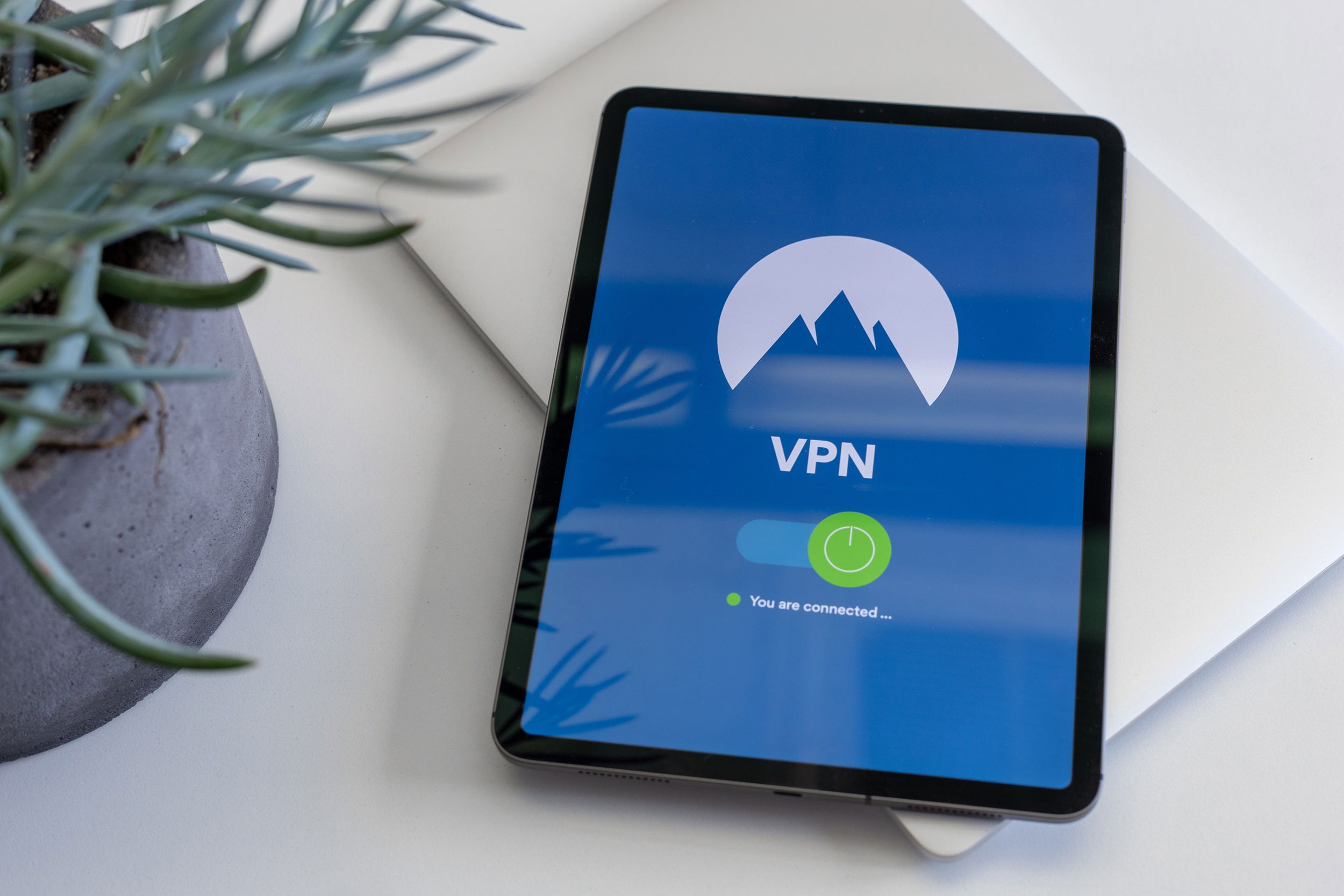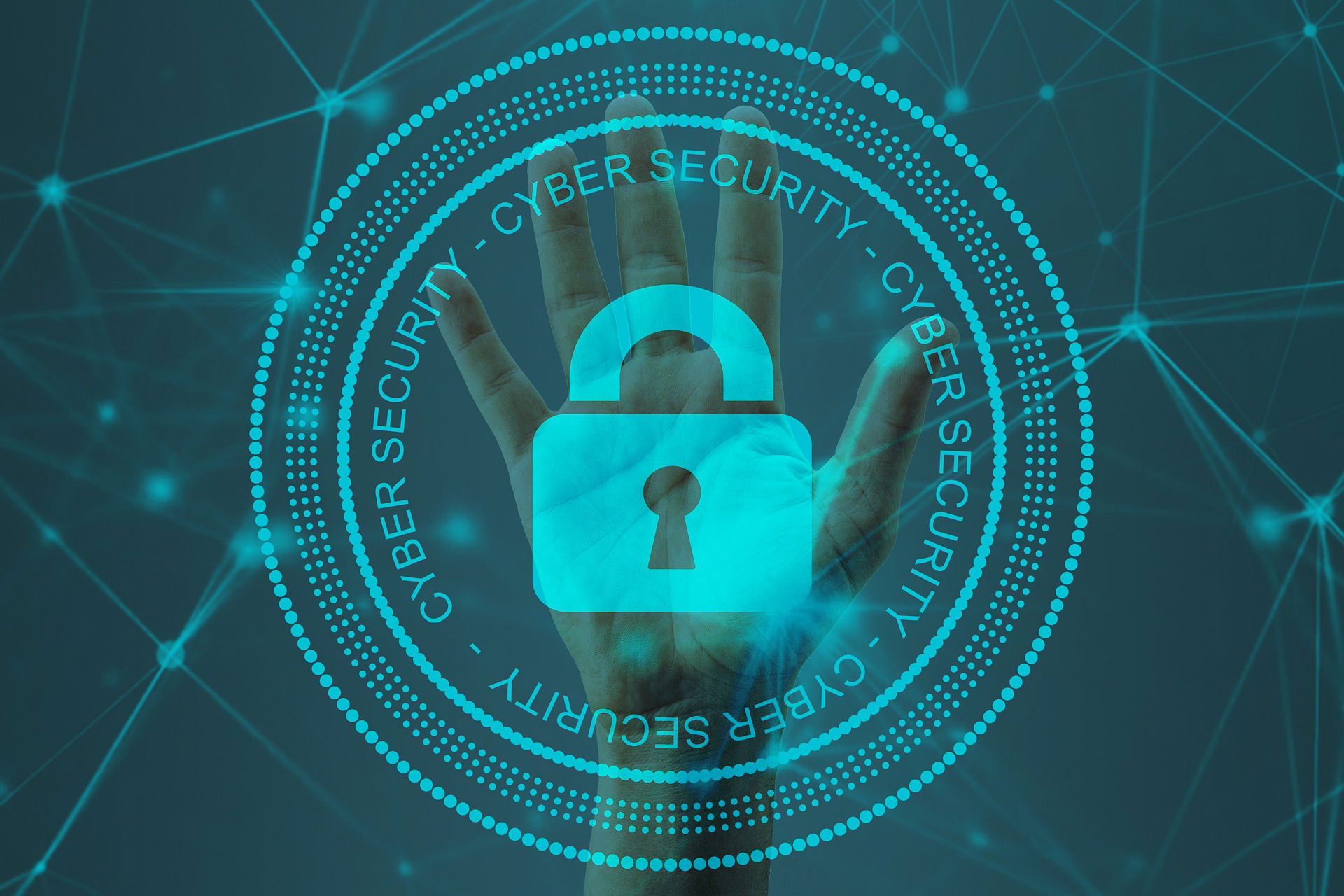Protecting Your Digital Life: Cybersecurity Best Practices
In today's increasingly interconnected world, our digital lives are more important than ever. We store our personal information, financial data, and even our memories in the digital realm. With this wealth of information comes the need for robust cybersecurity measures to safeguard our digital assets. This article explores cybersecurity best practices to help you protect your digital life from cyber threats and attacks.

The Growing Importance of Cybersecurity
The digital landscape has evolved rapidly, bringing convenience and innovation but also exposing us to various cybersecurity risks. As our dependence on digital devices and services grows, so does the need to prioritize cybersecurity. Here are some key reasons why cybersecurity matters:
1. Data Protection
Personal and sensitive data, including financial records and medical information, are stored electronically. Cyberattacks can lead to data breaches, exposing this information to malicious actors.
2. Financial Security
With online banking and digital payment methods, our finances are vulnerable to cyber theft and fraud. Cybersecurity safeguards are essential to protect our financial assets.
3. Identity Theft
Criminals can steal personal information to commit identity theft, affecting your credit, reputation, and overall well-being.
4. Privacy Concerns
Online privacy is a growing concern. Protecting your digital life ensures that your private communications and personal information remain confidential.
5. Reputation Management
A cyberattack can damage your personal or professional reputation, with lasting consequences.
Cybersecurity Best Practices
To protect your digital life from cyber threats, consider implementing the following cybersecurity best practices:
1. Strong Passwords
Use complex and unique passwords for each online account. Consider using a password manager to generate and store passwords securely. Enable multi-factor authentication (MFA) wherever possible for an added layer of security.
2. Regular Software Updates
Keep your operating system, applications, and antivirus software up to date. Updates often include security patches that address known vulnerabilities.
3. Be Cautious with Email
Beware of phishing emails that aim to trick you into revealing personal information. Don't click on suspicious links or download attachments from unknown sources.
4. Secure Your Wi-Fi Network
Change the default router password, use strong encryption (WPA3), and regularly update your router's firmware. Avoid sharing your Wi-Fi password with unauthorized individuals.
5. Backup Your Data
Regularly back up your important files to an external drive or a secure cloud storage service. In the event of a cyberattack, you can restore your data.
6. Use Secure Connections
When transmitting sensitive information online, make sure the website's URL begins with "https://" and look for a padlock icon in the address bar, indicating a secure connection.
7. Educate Yourself
Stay informed about the latest cybersecurity threats and trends. Knowledge is your best defense against cyberattacks.
8. Employ Security Software
Install reputable antivirus and anti-malware software on your devices. Regularly scan for threats and keep the software updated.
9. Practice Safe Social Media Use
Be mindful of the information you share on social media platforms. Adjust your privacy settings to limit what others can see.
10. Monitor Your Financial Accounts
Regularly review your bank and credit card statements for any unauthorized transactions. Report suspicious activity immediately.
11. Use a Virtual Private Network (VPN)
A VPN encrypts your internet connection, providing an extra layer of security, especially when using public Wi-Fi networks.
12. Lock Your Devices
Set up a PIN, password, fingerprint, or facial recognition on your devices to prevent unauthorized access.
13. Secure Smart Devices
Change default passwords on smart devices (IoT devices) and keep their firmware updated.

Conclusion
As our lives become increasingly digital, protecting our digital assets and personal information is paramount. Cybersecurity best practices are not only essential for individual protection but also for the security of organizations and society as a whole.
By following these best practices and remaining vigilant, you can significantly reduce the risk of falling victim to cyber threats and enjoy the benefits of our interconnected world safely. Remember, cybersecurity is an ongoing effort. Stay informed, adapt to new threats, and continually enhance your cybersecurity defenses to keep your digital life secure.
Sources
- Federal Trade Commission (FTC) - Tips for Using Public Wi-Fi Networks
- Cybersecurity & Infrastructure Security Agency (CISA) - National Cybersecurity Awareness Month
- Stay Safe Online - STOP. THINK. CONNECT.™
- US-CERT - United States Computer Emergency Readiness Team
- National Institute of Standards and Technology (NIST) - Cybersecurity Framework